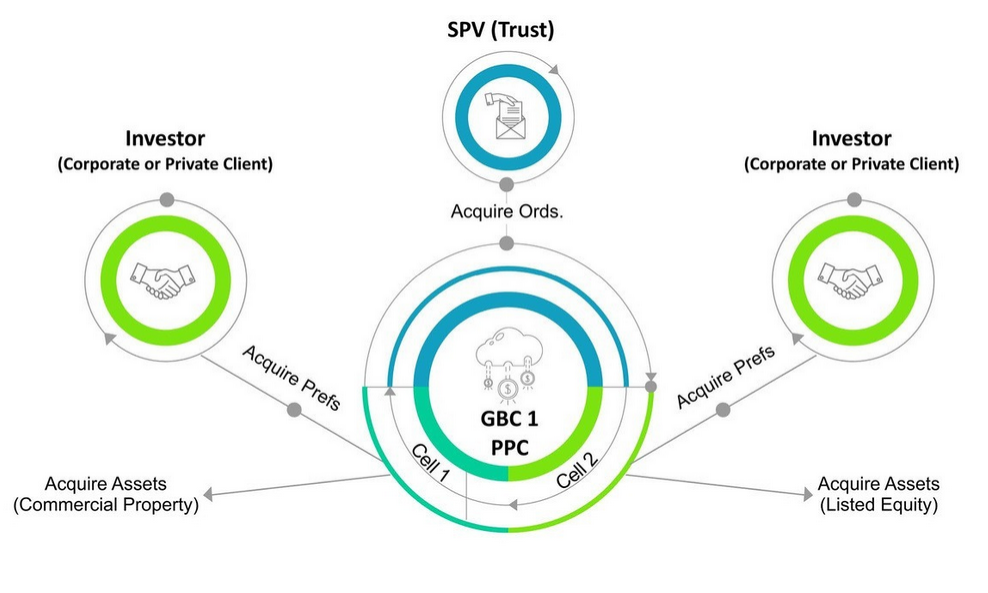Protected Cell
Company (PCC)
A PCC is a corporate structure in which
a single legal entity is comprised of a
core and several non-core cells, and the
assets and liabilities of each non-core
cell are legally protected from the
failure of another non-core cell.

Key Features
- Single legal entity which achieves cost efficiency
- Legal segregation and protection of assets and liabilities for each cell
- No minimum capital requirements are imposed for the PCC of the cells, except in the case of insurance/funds licences
- Unlimited number of cells may be set up with each cell having its own name or designation
- Provisions for the protection of creditors under the PCC Act
- Allows for accommodation of leverage facilities within the cell
How BTG can assist
- Advice on structuring
- Formation of the company
- Provision of Registered Office,
resident directors, and Company
Secretary - Back-office administration and
accounting services - Assistance with opening and
administration of local bank account - Regulatory compliance
- The cellular assets attributed to a cell will only be affected by the liability of the company arising from transaction attributable to that cell
- Normally issues two classes of shares – shares to the Core which carry voting and control rights, and shares issued for each Cell which do not carry any rights as to voting and control
- Dividends are payable only by reference to the profits made by each individual Cell, the PCC is taxed as a single entity at core level whilst each cell is taxed individually
- May also pay dividends with respect to the shareholders of a specific cell by reference only to the assets and liabilities attributable to that cell
- Rights of shares of one cell may differ from rights of another cell
- Require an annual audit
How a Protected Cell Company
works

Suitable for use for:
- Asset Holding
- Structured finance businesses
- Insurance Business
- External Pension Schemes
- Collective Investment Schemes
- Specialised Collective Investment Schemes and Close-end funds
